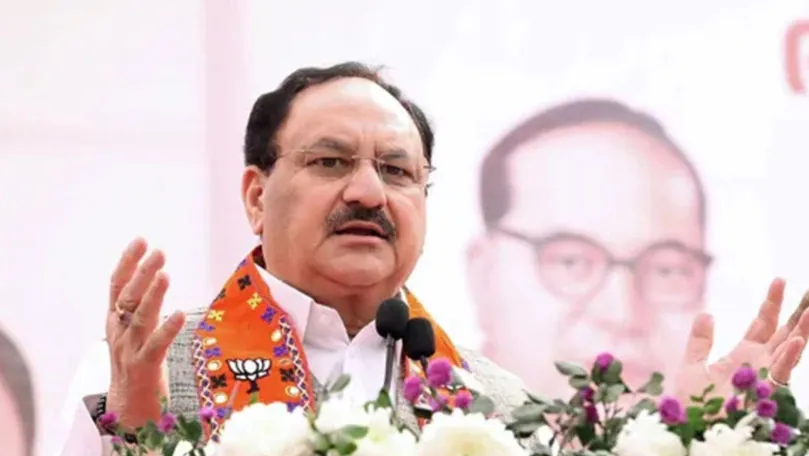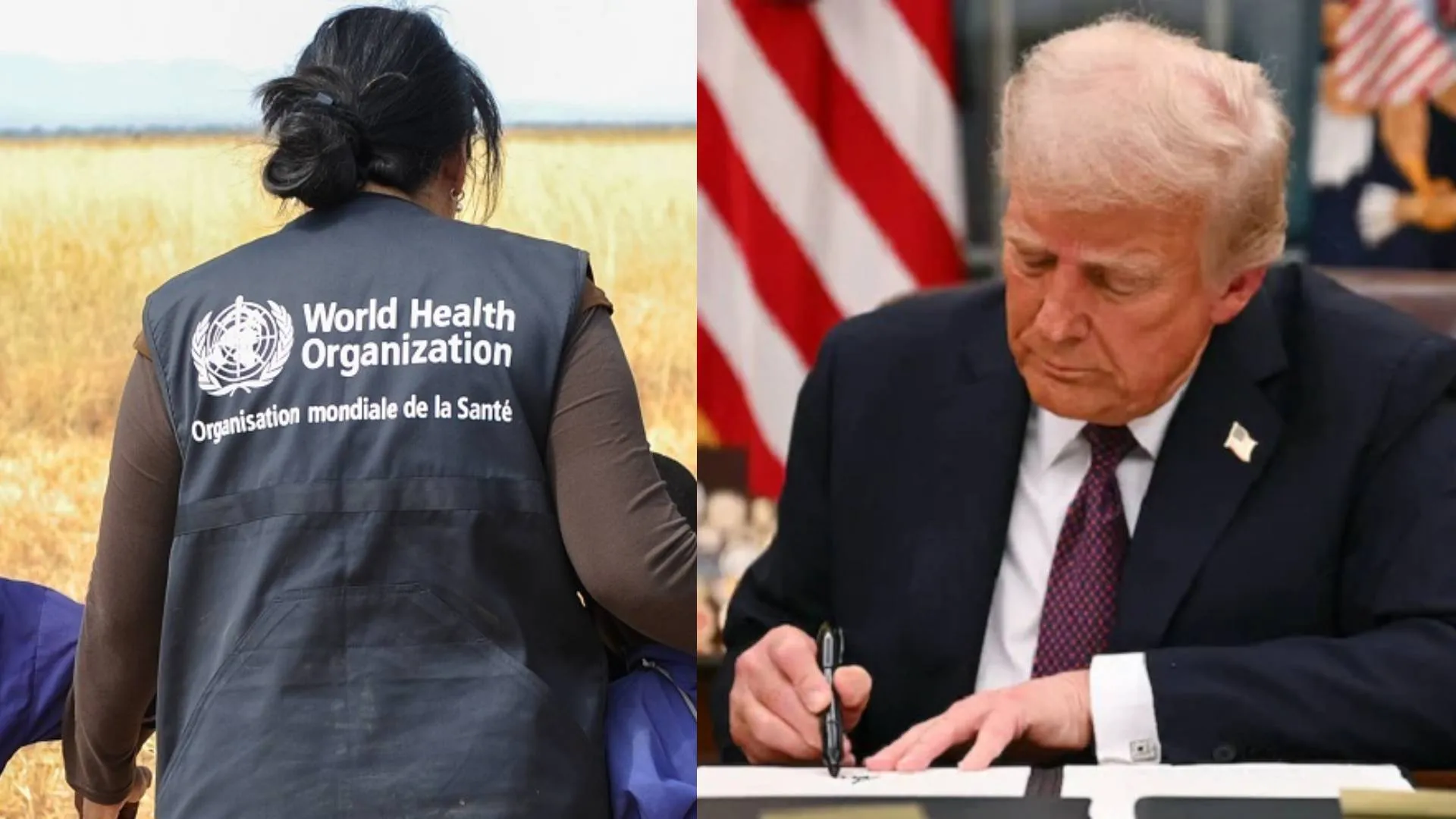In the run-up to the 20th National Congress of the Chinese Communist Party (CCP), propaganda has been centered around projecting the inevitability of a third term for President Xi Jinping. Incidentally, at the end of his anticipated third term, President Xi would become the second longest-serving head of the CCP after Mao Zedong, who was in control of various positions for 33 years and 174 days. Xi would also surpass the tenure of Jiang Zemin, who led the CCP as General Secretary for 13 years and 145 days during the period 1989–2002.
Interestingly, the expected third term would provide Xi an opportunity to further stamp his authority on the party, military, and government with the intent of creating an enduring legacy. Meanwhile, the CCP, as part of its efforts to shore up public support for Xi’s third term, announced on September 27 that it would publish a compilation of documents, called the “Revitalisation Library,” which would highlight China’s pursuit of national rejuvenation as well as the long-term goals of the party.
President Xi underlined that the ‘Revitalisation Library’ is a major cultural project, aimed at bolstering public confidence in the country’s path. President Xi also reappeared (September 27) in public, for the first time in the aftermath of his return from Samarkand, and visited an exhibition in Beijing on the country’s achievements since 2012.
Xi was also accompanied by Beijing-based members of the Politburo of the CCP. Significantly, Xi calls Mao’s time the ‘revolution period,’ Deng Xiaoping’s the ‘building period,’ Jiang Zemin and Hu Jintao’s the ‘reform period’ while calling his term a ‘whole new era.’
















